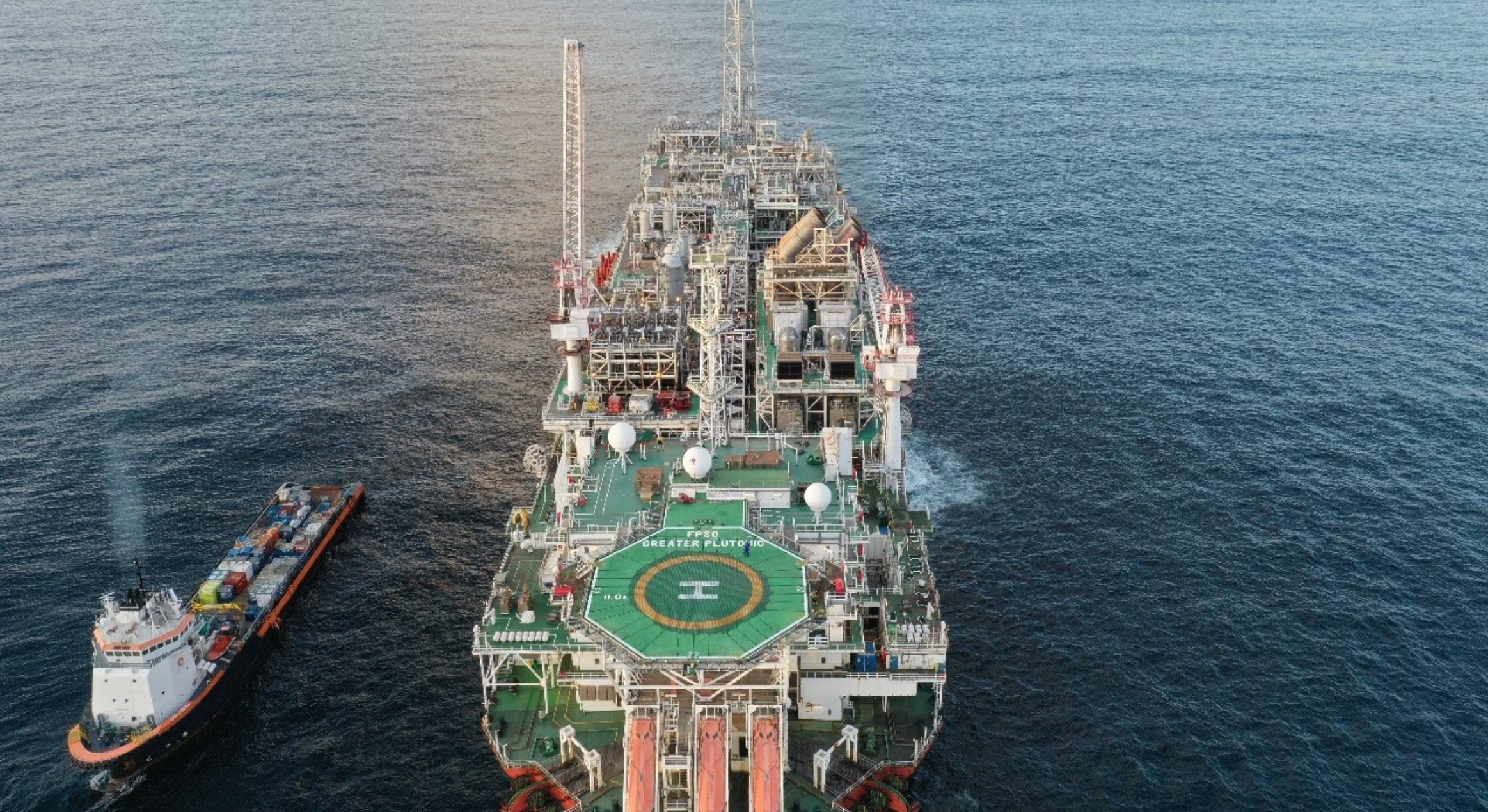bp has announced start of production from its Platina project on Block 18 offshore Angola. The field was brought online ahead of schedule and under the contractor’s group initial budget. The block is operated by bp Angola (Block 18) B.V. (36.34%) along with BP Exploration Beta (9.66%), Sonangol SSI (7.72%), and Sonangol E&P (16.28%).
The project will develop an estimated 44m barrels of oil reserves and add 30,000 barrels of oil per day (bopd) to Block 18 production once it reaches its peak in 2022.
In its 2022 budget, Angola expects Block 18’s output to grow by over 45% next year thanks to Platina. The field will contribute to reversing Angola’s production decline next year and bring back oil GDP to positive after six consecutive years in the red.
The development by bp of the offshore Greater Plutonio area within Block 18 in Angola was the British major’s first operated asset in the country. Commissioned in 2007, the project initially developed five fields (Galio, Cromio, Paladio, Plutonio, and Cobalto) in water depths ranging from 1,200 to 1,450 m. The Greater Plutonio floating, production, storage and offloading (FPSO) vessel has a maximum throughput capacity of 240,000 barrels of oil per day (bopd), with a storage capacity of 1.77m barrels.
Source: Ministry of Finance, Angola
Block 18 forms part of Sonangol’s ongoing partial divestment process. The national oil company is currently divesting up to 8.28% in the license, which received one of the highest number of bids. Interested parties notably include Namcor, Falcon Oil, Somoil and MTI Energy.
Details on the development of Block 18 offshore Angola are available in the “Projects” section within your Hawilti+ research terminal.

